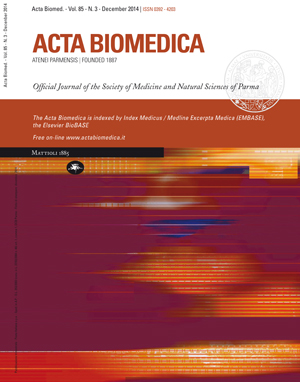Neutrophil gelatinase–associated lipocalin (NGAL): a promising biomarker for the early diagnosis of acute kidney injury (AKI)
Keywords:
Acute kidney injury, acute renal failure, biomarkers, NGALAbstract
Acute kidney injury (AKI) is a common complication that occurs in a broad spectrum of clinical settings. Cardiac surgery-associated AKI continues to be a well-recognized complication of cardiac surgery with high morbidity and mortality. The lack of early biomarkers has for long prevented timely interventions to mitigate the effects of AKI. Serum creatinine is not a timely marker of AKI, so that it cannot be used to set potentially effective therapies to treat AKI in patients during phases when the injury is still potentially reversible. Neutrophil gelatinase–associated lipocalin (NGAL) has been identified as a promising biomarker for early detection of AKI. Several studies have shown that NGAL levels significantly increase in AKI patients 24 to 48 hours before a detectable increase of serum creatinine. Recent studies also suggest that measurements of urinary NGAL levels in patients at risk for cardiac surgery–associated AKI may facilitate its early diagnosis and allow clinicians to implement therapeutic adjustments that have the potential to reverse renal cellular damage and minimize further kidney injury.Downloads
Published
Issue
Section
License
This is an Open Access article distributed under the terms of the Creative Commons Attribution License (https://creativecommons.org/licenses/by-nc/4.0) which permits unrestricted use, distribution, and reproduction in any medium, provided the original work is properly cited.
Transfer of Copyright and Permission to Reproduce Parts of Published Papers.
Authors retain the copyright for their published work. No formal permission will be required to reproduce parts (tables or illustrations) of published papers, provided the source is quoted appropriately and reproduction has no commercial intent. Reproductions with commercial intent will require written permission and payment of royalties.



